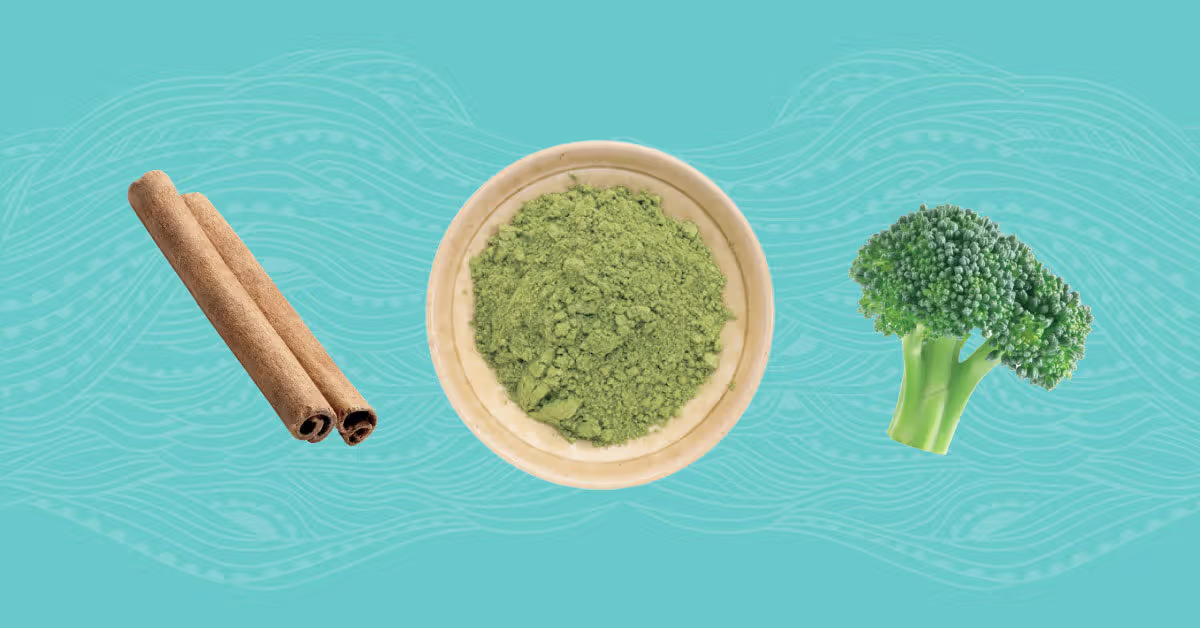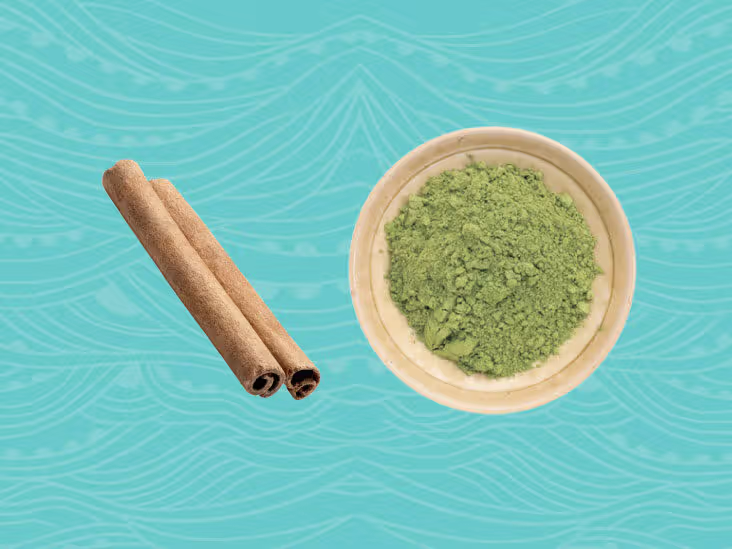
Polycystic Ovary Syndrome (PCOS) is a hormonal imbalance that affects millions of women worldwide, leading to irregular periods, weight gain, insulin resistance, and fertility challenges. While conventional treatments often involve medication, many women seek natural alternatives to restore balance. Natural medicine offers a holistic approach to PCOS by addressing the root causes rather than just managing symptoms. Through dietary adjustments, herbal remedies, and lifestyle shifts, women can take control of their health and improve their well-being.
Dietary Changes to Balance Hormones Naturally
What you eat has a profound effect on PCOS. Diet plays a crucial role in stabilizing blood sugar levels, reducing inflammation, and supporting hormonal balance. By making strategic food choices, women can manage PCOS symptoms naturally and sustainably.
- Low-Glycemic Foods for Blood Sugar Control
Women with PCOS often struggle with insulin resistance, making it essential to choose low-glycemic foods. Whole grains, legumes, nuts, seeds, and non-starchy vegetables help regulate blood sugar, preventing spikes that contribute to hormonal imbalances. Avoiding processed sugars and refined carbohydrates can significantly improve insulin sensitivity. - Anti-Inflammatory Foods for Hormonal Health
Chronic inflammation is a common issue in PCOS, exacerbating symptoms like weight gain and irregular cycles. Including anti-inflammatory foods such as turmeric, ginger, fatty fish, and leafy greens can help combat inflammation. Omega-3 fatty acids found in salmon, walnuts, and flaxseeds also play a key role in reducing inflammatory markers. - Nutrient-Dense Superfoods for PCOS
Specific superfoods provide essential nutrients for hormonal health. Avocados, rich in healthy fats, support hormone production. Dark leafy greens like kale and spinach supply magnesium, crucial for blood sugar regulation. Chia seeds and pumpkin seeds offer fiber and zinc, which are vital for reproductive health and hormonal balance.
Herbal Remedies to Support Hormonal Balance

Herbs have been used for centuries to support women’s health, and many are particularly beneficial for PCOS. Certain herbal remedies can help regulate menstrual cycles, reduce androgens, and improve ovulation.
- Spearmint Tea for Lowering Androgens
High levels of androgens (male hormones) contribute to acne, excess hair growth, and hair thinning in PCOS. Spearmint tea has been shown to reduce testosterone levels naturally. Drinking two cups a day can help improve symptoms associated with high androgen levels. - Vitex (Chasteberry) for Cycle Regulation
Vitex is a well-known herb for balancing female hormones. It works by supporting the pituitary gland, which controls progesterone production. Regular use of Vitex can help regulate menstrual cycles, reduce PMS symptoms, and promote ovulation in women with PCOS. - Berberine for Insulin Sensitivity
Berberine, a powerful plant compound, has been studied for its ability to improve insulin sensitivity. Similar to the effects of Metformin, berberine helps lower blood sugar and may aid in weight loss. Women with PCOS who struggle with insulin resistance may benefit from adding berberine supplements to their routine.
Lifestyle Strategies for Managing PCOS Naturally
Beyond diet and herbs, lifestyle changes play a crucial role in improving PCOS symptoms. Small adjustments in daily habits can significantly impact hormonal balance and overall well-being.
- Stress Reduction for Cortisol Control
Chronic stress raises cortisol levels, which can disrupt other hormones and worsen PCOS symptoms. Practices such as yoga, meditation, deep breathing, and spending time in nature can help lower stress and promote hormonal equilibrium. - Exercise for Metabolism and Insulin Sensitivity
Regular physical activity helps improve insulin resistance, support weight management, and regulate menstrual cycles. Strength training and resistance exercises boost metabolism, while moderate cardio activities like walking or swimming support heart health. Finding a sustainable exercise routine is key to long-term benefits. - Sleep Optimization for Hormonal Health
Poor sleep quality is linked to increased cravings, weight gain, and hormone imbalances. Prioritizing sleep hygiene, such as maintaining a consistent sleep schedule, avoiding blue light before bed, and creating a relaxing bedtime routine, can help improve PCOS symptoms and overall energy levels.
The Role of Gut Health in PCOS
Emerging research highlights the connection between gut health and PCOS. An imbalanced gut microbiome can contribute to inflammation, insulin resistance, and hormonal disruptions. Supporting gut health is essential for long-term PCOS management.
- Probiotic-Rich Foods for Microbiome Balance
Fermented foods like yogurt, kefir, sauerkraut, and kimchi introduce beneficial bacteria into the gut, promoting digestive and immune health. Taking a high-quality probiotic supplement can further support gut balance. - Prebiotic Fiber for Hormonal Regulation
Prebiotics are fibers that feed beneficial gut bacteria. Foods like garlic, onions, asparagus, and bananas promote a healthy gut microbiome, which in turn supports estrogen metabolism and insulin regulation. - Eliminating Gut Irritants for Reduced Inflammation
Gluten, dairy, and processed foods can trigger inflammation in sensitive individuals. Some women with PCOS find relief by eliminating or reducing these foods and focusing on whole, unprocessed meals. Keeping a food journal can help identify potential triggers.
Detoxification and Liver Support for Hormonal Balance
The liver plays a vital role in metabolizing hormones, including estrogen. Supporting liver detoxification can help prevent estrogen dominance, a common issue in PCOS.
- Liver-Supportive Herbs for Hormone Metabolism
Milk thistle and dandelion root are excellent herbs for liver health. They aid in detoxification, helping to clear excess hormones from the body and support overall hormonal balance. - Hydration for Toxin Elimination
Drinking enough water is crucial for flushing out toxins and supporting metabolic processes. Herbal teas like nettle or dandelion tea can further aid in detoxification and hormone balance. - Cruciferous Vegetables for Estrogen Detox
Broccoli, cauliflower, Brussels sprouts, and cabbage contain compounds that help the body break down excess estrogen. Incorporating these vegetables into daily meals can support liver function and hormone balance.
Conclusion
PCOS is a complex condition, but natural medicine offers effective ways to manage symptoms and restore balance. Through targeted dietary changes, herbal remedies, and lifestyle adjustments, women can take control of their health and improve hormonal function. Whether through reducing inflammation, balancing blood sugar, or supporting gut and liver health, a holistic approach provides long-term benefits. By integrating these natural strategies, women can enhance their well-being and find relief from PCOS symptoms without relying solely on medication.








